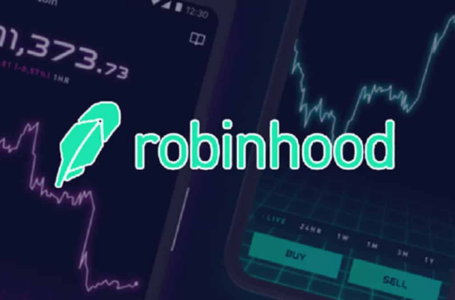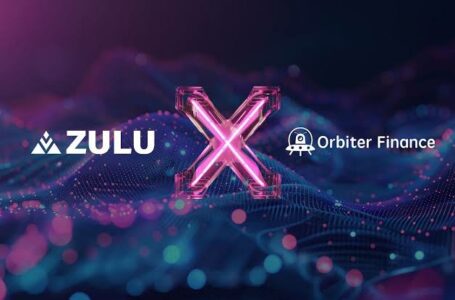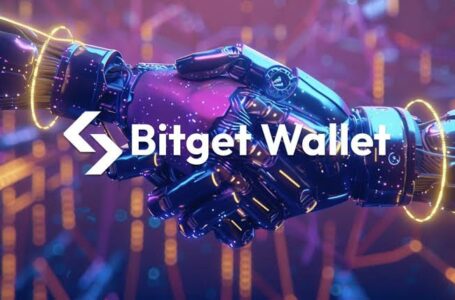Mastercard is collaborating with US institutions to test shared-ledger technology
MAR Mining is a leading cloud mining platform for crypto
Zulu Network gains access to Ethereum via Orbiter's decentralized data

Robinhood, a prominent American cryptocurrency exchange, recently got a Wells Notice from the Securities and

Mastercard is collaborating with US institutions to test shared-ledger technology for settling tokenized assets like

Zulu Network gains access to Ethereum via Orbiter's decentralized data services, while Orbiter expands its

Bitget Wallet launches its GetDrop airdrop platform with a meme party event featuring various tokens

Lava Foundation, tasked with managing the growth of Lava Network, secured $11 million through a

Galaxis, an NFT utility platform, recently secured $10 million in funding with notable participation from

Botanix Labs, a Web3 business focusing on Bitcoin, has secured $8.5 million in seed funding,

The Solana Foundation sponsored hackathon recently awarded Ore the "Grand Prize" despite causing disruptions to